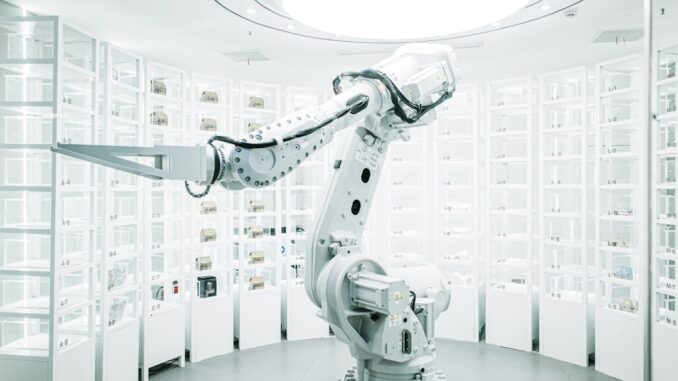
Summary
This article explores a groundbreaking AI model developed by Professor Maytal Saar-Tsechansky that assesses doctors’ diagnostic accuracy using an algorithm called MDE-HYB. This model promises to revolutionize how patients choose doctors by offering data-driven insights into their decision-making track records. The algorithm’s potential to improve patient outcomes and lower healthcare costs is significant, marking a new era in healthcare transparency.
Main Story
So, you know how we’re all about data these days? Well, surprisingly, healthcare’s been a bit slow on the uptake. It’s almost like we’re still picking doctors based on a nice smile or a pretty waiting room, instead of, you know, actual accuracy. I mean, think about it – have you ever really known how good your doctor is at making the right call?
Professor Maytal Saar-Tsechansky at the University of Texas at Austin, she’s been looking into this. She thought, ‘There has to be a better way,’ and decided to use AI to try and fix things. Her project led to something called MDE-HYB, which is an AI model designed to essentially judge the judges—doctors, in this case.
Now, MDE-HYB isn’t about replacing doctors; it’s about evaluating them. See, it looks at how good they’ve been over all, and then it also drills down into the specifics of individual cases. That combination of the big picture and the detailed view gives you a more complete idea of their abilities. This thing is smart, really smart actually. In tests, it beat other algorithms and human reviewers. No big deal, right? But seriously, when it was used to pick doctors based on past accuracy, MDE-HYB reduced misdiagnoses by 41%… 41%! That’s a massive potential improvement. Think about what that could mean for patient outcomes and healthcare costs.
And, that’s why the whole thing is important. As AI becomes more and more common in medicine, we need to know how human doctors are actually performing. It’s not about human versus machine; it’s about having a clear understanding of everyone’s contribution. MDE-HYB lets us track diagnostic accuracy in a scalable way, you know, constantly. This brings transparency to the table, which is something we definitely need. Not only that, but it’ll help patients make more informed choices. I mean you want to pick a doctor you have full confidence in, right?
That said, this AI isn’t just for doctors. Because the model is able to evaluate expertise based on how decisions are made, it could be applied in other professions where accurate judgment is critical – I’m thinking financial advisors, lawyers, engineers… even software developers! It’s pretty versatile that way.
Of course, Saar-Tsechansky isn’t saying MDE-HYB is perfect, it’s still being developed. She sees it as a collaborative tool, helping both patients and the healthcare systems. It’ll empower patients to select doctors that better fit their needs, while also enabling managers to monitor care. It’s exciting to see, but for now, it’s an important step. You know it’s a step toward better, more patient-centered care.
But this is just one area of AI’s growing impact in healthcare. We’re seeing AI-powered systems helping doctors with faster, more accurate diagnoses, things like sifting through loads of data. And, large language models are being used to improve patient communication and even automate administrative tasks. So, it’s clear AI is changing things across the board from, immunotherapy to interpreting medical images, its all being transformed.
However, the shift isn’t all smooth sailing, there are lots of issues we have to consider, like data privacy, ethical issues, and making sure everyone has access to this technology. In the end, it’s important we keep researching, keep talking about it, and keep working to make sure AI is used in a way that truly benefits all of us. What do you think? Will AI revolutionize healthcare?


Be the first to comment